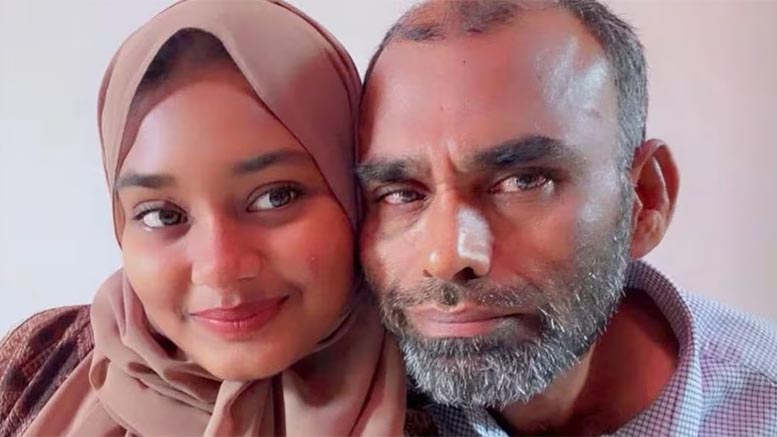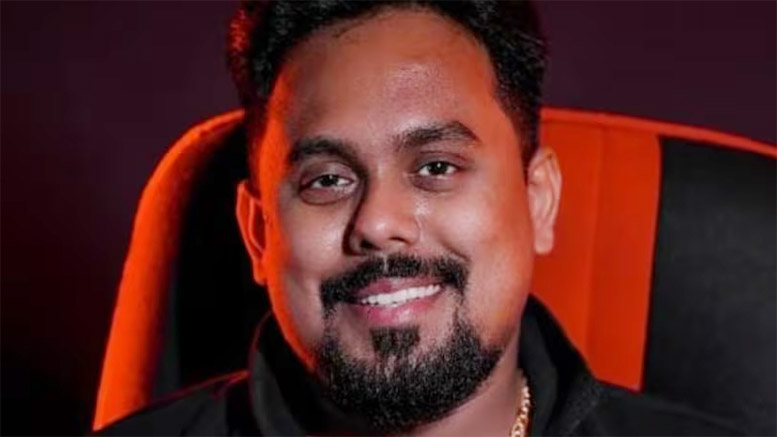New Delhi, May 11: The Supreme Court on Wednesday ordered to keep the colonial-era sedition law in abeyance till the Centre re-examines the provision, carrying life term as the maximum penalty, in view of concerns expressed over its misuse to jail the critics of the ruling dispensation.
A bench comprising Chief Justice N V Ramana and Justices Surya Kant and Hima Kohli passed the interim order on a batch of petitions, challenging validity of the penal provision, for having a chilling effect on fundamental right to freedom of speech and expression.
The court said, "it is appropriate that the Centre and States would refrain from registering new FIRs under Section 124A of the IPC".
The bench said those already arrested under the law may approach the competent court for bail.
The top court noted Attorney General K K Venugopal had given some glaring instances of lodging the FIRs under the sedition law, including one related to Amravati MP Navneet Rana and her husband for intending to recite Hanuman Chalisa.
At the outset, Solicitor General Tushar Mehta submitted a proposal on behalf of the Union government, contending that a cognisable offence under Section 124A can't be prevented from being registered.
But there can be a scrutiny at senior police officer level as per the mandate in the Vinod Dua case, depending on facts and situations. This would also be subject to judicial review, he said.
With regard to pending cases, Mehta said these are already before a judicial forum, which should be allowed to examine the matter. "We do not know the gravity of the offence of each case. No accused is before this case. Statute can't be stayed at third party's behest in a PIL," Mehta submitted.
Senior advocate Kapil Sibal, appearing for petitioners, including S G Vombatkere, said the proposal by the Centre is unacceptable. He said Section 66A of IT Act was struck down by the top court for being unconstitutional, even though the power was with the SP-level officer.
"It is because of sea change, Section 124A has become unconstitutional. When the Kedar Nath Singh (1962) was decided by the top court upholding its validity, it was non-cognisable offence and made congnisable in 1973 only," he said.
On Tuesday, the court had asked the Centre to clarify within 24 hours if the operation of the penal provision of sedition can be kept in abeyance till the process of review of the law is over.
The top court also sought to know about the fate of pending cases under the law as the government asked the court to defer the adjudication on its validity until it re-examined and re-considered the provision.
On Monday, responding to the batch of petitions, the government had said it has decided to re-examine and reconsider the colonial-era sedition law in the spirit of 'Azadi ka Amrit Mahotsav' (75 years of independence) and the prime minister's "unequivocal views" in favour of "protection of civil liberties".








Comments
Add new comment